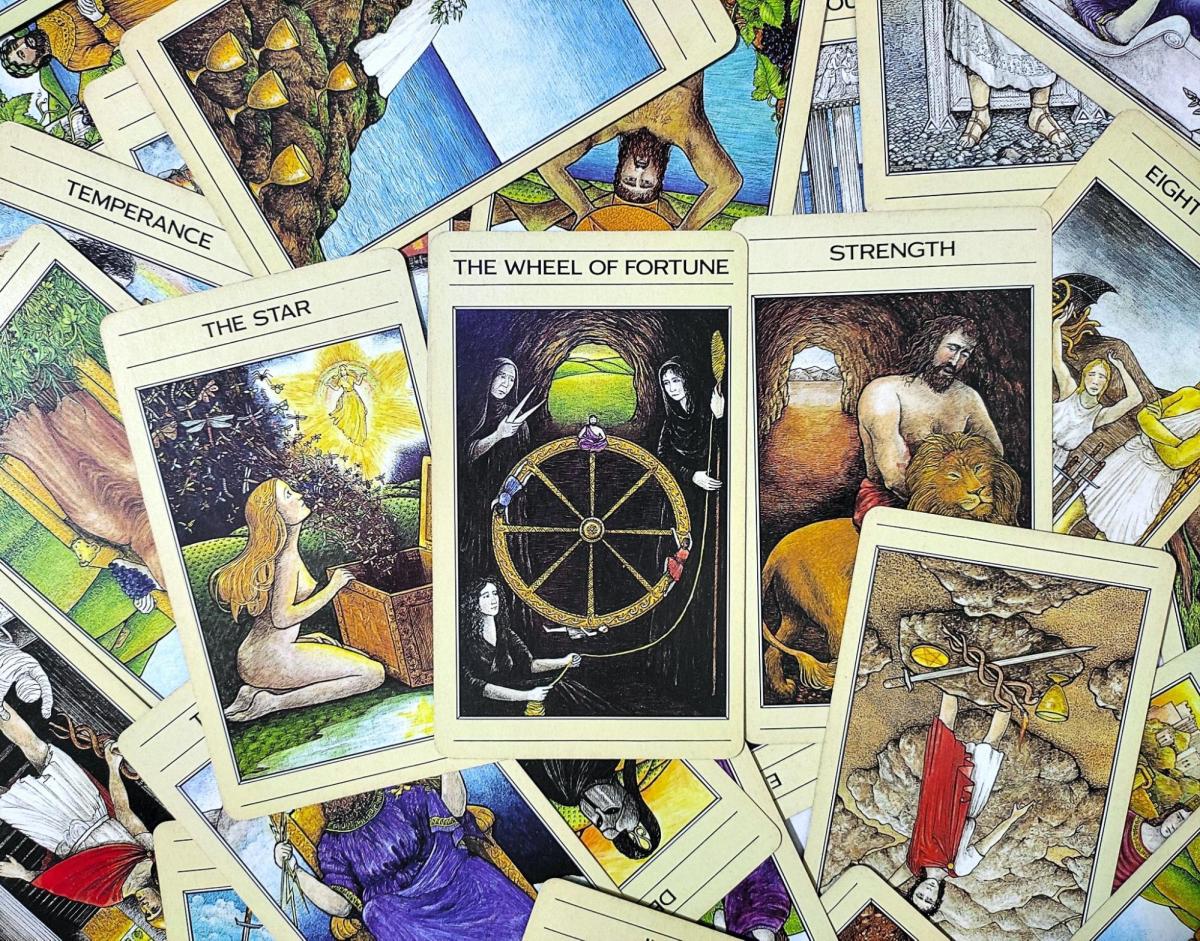Around 75 per cent of the Indian population lives in rural areas, but their access to quality mental health care is limited and traditional approaches continue to be in use. The shortage is to such a large extent that there are only 0.7 physicians per 1000 population and only one psychiatrist for every 343,000 Indians. While over the years the mental health sector has seen major developments, like the 2017 mental health care act. This act establishes equal access for all citizens, to avail government-run or funded mental health services in the country. However, it does not bridge the gap in society as the majority of the population remains deeply unaware or unable to access these services.
While the uncertainties of the pandemic brought mental wellbeing to the forefront, the national budget for the sector dropped, making this an issue of human rights. This accessibility to services is further corroborated by the recurring financial expenses of medications and frequent visits to government clinics. The cost of sessions is steep and a single session is not ideal. Spending exorbitant amounts on healthcare is a burden most families can’t afford leading to debt. In the absence of insurance and healthcare schemes and provisions, therapy remains a luxury to many Indians.
Economic struggles are only one of the causes of this discerning gap in the mental health sector. Barriers caused by sexuality, gender, caste and religion also play a major role in mediating people’s perception and access to therapeutic services. The persistent stigma surrounding mental health, especially in India continues to be a hindrance to seeking help. The supernatural inhibitions and disparity in knowledge across communities only create more confusion. The notion that mental well being is an optional expense is popular, even though the country’s population is in a dire state. Data collected in a WHO report found that nearly 15 per cent of Indian adults need active intervention for one or more mental health issues.
The population disregards the very prevalence of such mental disorders and more than often finds it fruitless to receive treatment. Some who are open-minded fail to afford the hiked fees that therapists in urban settings charge, leaving them with no option. While for years Indians attributed the systemic weakness of the mental health system to the people’s attitudes, a 2016 survey showed more than 42% of people have positive attitudes toward mental wellbeing and treatment. While the skeptics remain, these underprivileged sections of society too struggle to gain the accessibility they deserve.
This is where astrology, tarot card reading and other spiritual practices, have created a market for themselves in the well-being industry. The sceptics, and those from poor socio-economic backgrounds resort to these local and easily accessible ways of coping, to instil the faith they so desperately need. Astrology is a layman’s substitute for therapy, or for some even a supplement when they cannot afford extended periods of treatment. Visiting a local astrologer in many ways breeds the self-awareness one would expect from a session in therapy. These practices even hold certain similarities to actual psychotherapy settings, in the way they define, and alleviate aspects of one’s personality and behaviour.
Very often one simply needs an explanation, or an answer to the ‘why’ no matter how scientifically rooted that response truly is. Astrologers impart a level of faith, that things will get better. For those in rural areas, struggling to provide the bare necessities to their family affording therapy is impossible, so their local psychic, astrologer or pandit becomes their anchor during emotional duress. Tarot cards and other practices primarily focus on the future and act as a guide point for how to deal with the things ahead. For a farmer coping with anxiety, access to anti-anxiety medication is strained, and so is therapy. His best bet remains to consult his next-door jyotish about his burdens.
A famous clinician Caroline Hexdall in an interview said that “ Part of the popularity of astrology and tarot today has to do with their universal nature”. With growing technology and the pervasiveness of social media, people can gain easy access to self-care and astrology resources. Apps and web pages provide daily tarot cards, zodiac signs readings and astrological predictions for people, and almost serve the purpose of a therapist. Is reading the lines on our palm, and checking the alignment of the stars enough to cure the mental illness they undergo? Is it a solution or a quick fix as a consequence of an ignorant healthcare system?
Several studies have also shown the deteriorating effects of depending on astrology. Cases of worsening and onset of depression, anxiety and personality disorders are common for those who use astrology as more than just a temporary coping mechanism. It also becomes a source of losing control, as every feeling is attributed to fate and destiny, instilling a sense of helplessness. Ultimately can the mental health system single-handedly address the concerns of inequality and economic access in society?
Maahira Jain is a third-year student at Ashoka University studying Psychology and Media studies. She is a movie buff and is extremely passionate about writing and traveling.
Picture Credits: kabar-priangan.com
We publish all articles under a Creative Commons Attribution-NoDerivatives license. This means any news organization, blog, website, newspaper or newsletter can republish our pieces for free, provided they attribute the original source (OpenAxis).

